The Best Roof Material for Solar Panels: The Ultimate Guide
For those looking to make their home more energy efficient and sustainable, solar panel installation is the way to go. But before you can start enjoying the benefits of solar energy, you must first choose the right roof material. With this guide, you’ll have the knowledge and confidence to make the best and most informed decision for your home. We’ll cover the factors to consider, the best roof material for solar panels, and installation considerations so that you can make the most of your investment.
Key Takeaways
- Factors to consider for the best roof material for solar panels include cost, location, durability, available space, and climate impact.
- The best roof materials for solar panels are asphalt roofs, metal roofs, tile roofs, and tar and gravel roofs.
- Different roof materials have installation considerations, such as lightweight and easy installation for asphalt roofs, proper drainage for metal roofs, careful handling due to weight for tile roofs, proper ventilation for tar and gravel roofs, and unsuitability for wood shingles.
- When considering roof replacement and solar panel installation, cost considerations, climate impact, and durability comparison are important factors to consider. Asphalt and metal roofs are affordable and durable, while tile roofs are more resistant to extreme weather conditions.
Factors to Consider for the Best Roof Material
When choosing the best roof material for solar panels, it’s important to consider factors such as cost, location, durability, and available space.
Asphalt roofs are the most cost-effective, but climate can have a major impact on their longevity. Metal roofs look great and are very durable, but they can be expensive. Tile roofs offer a beautiful aesthetic, but they can be too heavy for some structures. Tar and gravel roofs are durable and cost effective, but they can be difficult to install solar panels on. Finally, wood shingles are not recommended due to their limited lifespan and incompatibility with solar panels.
Researching the different roof materials and taking into account roof cost, climate impact, aesthetic appeal, durability comparison, and available space can help you determine the best roof material for your solar panel installation.
Best Roof Materials for Solar Panels
Choosing the right roofing material for your solar panels is important, so make sure you consider all the options. Cost comparison is an important factor to consider when looking at asphalt vs. metal roofs for solar panels. Asphalt roofs are typically the cheaper option. Advantages of tile roofs include long-term durability and aesthetics, but they come at a higher cost.
Climate should also be taken into account when choosing a roof material for solar panels; some materials may be better suited for certain climates than others. Installing solar panels on tar and gravel roofs can be difficult and costly, so be sure to factor in the cost of roof replacement. Lastly, consider alternative options such as a ground-mounted system or community solar farm if your roof is not suitable for solar panels.
Installation Considerations for Different Roof Materials
Considering the roofing material you choose for your solar panels is essential, as each type of roof requires different installation considerations.
Asphalt roofs are lightweight and fairly easy to install, but require regular maintenance to prevent leaks. Metal roofs are durable and can handle the weight of solar panels, but need to be installed on a slope of at least 2.5 degrees for proper drainage.
Tile roofs are aesthetically pleasing, but require careful handling due to their weight. Tar and gravel roofs are an economical choice, but must be properly ventilated to prevent overheating. Wood shingles should be avoided as they are not suitable for solar panel installation.
Roof color, weight, slope, ventilation, and maintenance must all be taken into account when considering the best roof material for solar panels.
Roof Replacement and Solar Panel Installation
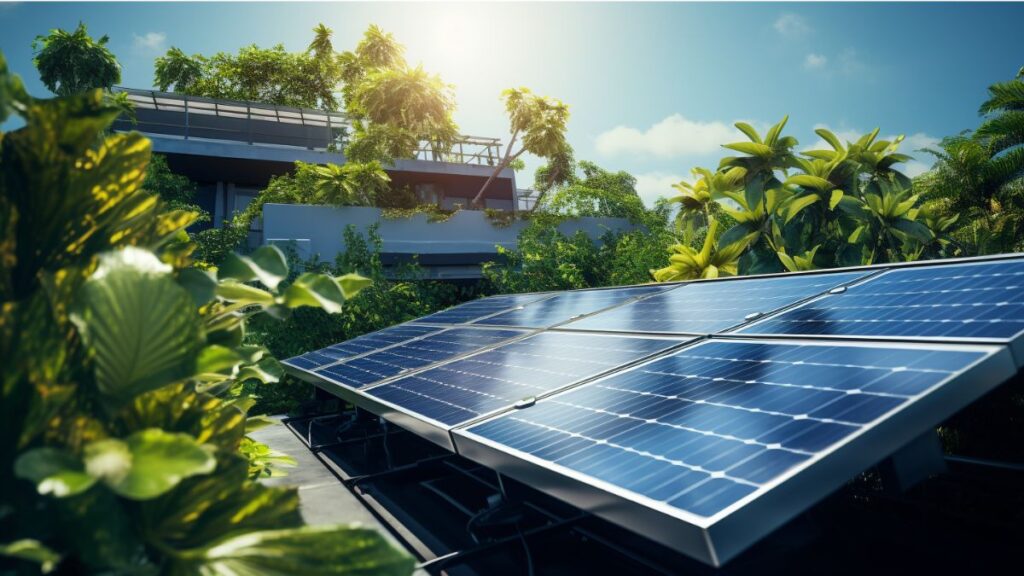
Replacing an existing roof before installing solar panels is an important factor to consider when planning a solar energy system. Cost considerations, climate impact, and durability comparison all play a role in determining the most suitable roof lifespan and the best alternative energy options.
Asphalt and metal roofs are usually the most affordable and durable options, while tile roofs are slightly more expensive but also more resistant to extreme weather conditions. Tar and gravel roofs are relatively easy to install, but they don’t last as long as other materials.
Wood shingles are not recommended due to their incompatibility with solar panels. To get the most out of a solar energy system, it is important to make sure the roof is suitable and able to support the weight of the panels.
Roof Suitability for Solar Panels
Understanding the roof’s suitability for solar panels is critical for maximizing energy efficiency and minimizing costs. The ideal roof angle, orientation, and size can influence solar system efficiency and household energy consumption.
Understanding these properties and optimizing them accordingly is essential to ensure your solar system works to its fullest potential. With the right roof angle, orientation, and size, you can be sure your solar system will be as efficient and effective as possible.
Frequently Asked Questions
Is There a Benefit to Installing Solar Panels on My Roof?
Yes, installing solar panels on your roof can bring many benefits. You can enjoy energy savings, help the environment, protect your roof from weather damage, and find peace of mind in the installation process. Together, these make solar panels a great choice for your home.
Are Solar Panels Difficult to Maintain and Repair?
Maintaining and repairing solar panels doesn’t have to be a hassle. With DIY maintenance, you can save on repair costs and enjoy energy savings. Plus, you can take advantage of tax credits and installation costs. Embrace your inner handyman and make solar panel upkeep a breeze!
Are Solar Panels Cost-Effective in the Long Run?
Yes, solar panels are cost-effective in the long run. By saving you money on energy bills, and providing environmental benefits, you can compare costs and experience long-term savings. Solar panels are also energy-efficient, helping you to save even more in the future.
What Is the Best Way to Finance the Installation of Solar Panels?
Did you know that homeowners with solar panels can save up to $20,000 over the life of their system? Financing the installation of solar panels is easy, with leasing options and tax incentives available. Consider installation costs, efficiency ratings, and the local climate’s impact to get the most bang for your buck!
What Are the Safety Considerations for Installing Solar Panels?
When installing solar panels, safety considerations include fire risks, roof integrity, weatherproofing, and warranty coverage. Investing in quality installation can help protect your home and save you money in the long run. Ask your contractor about fire-resistant materials and warranties that cover weatherproofing and roof integrity.
Conclusion
Choosing the right roof material is essential for the success of any solar system. With so many roof types available, it can be difficult to know which one is best.
It’s important to consider the climate, available roof space, cost of installation, and roof durability when selecting the best roof material. For example, metal roofs are more durable and last longer than asphalt roofs, but they are more expensive to install.
Ultimately, your decision should be based on what works best for your situation and budget. With the right knowledge and careful consideration, you can make an informed decision and enjoy the benefits of solar energy for years to come.
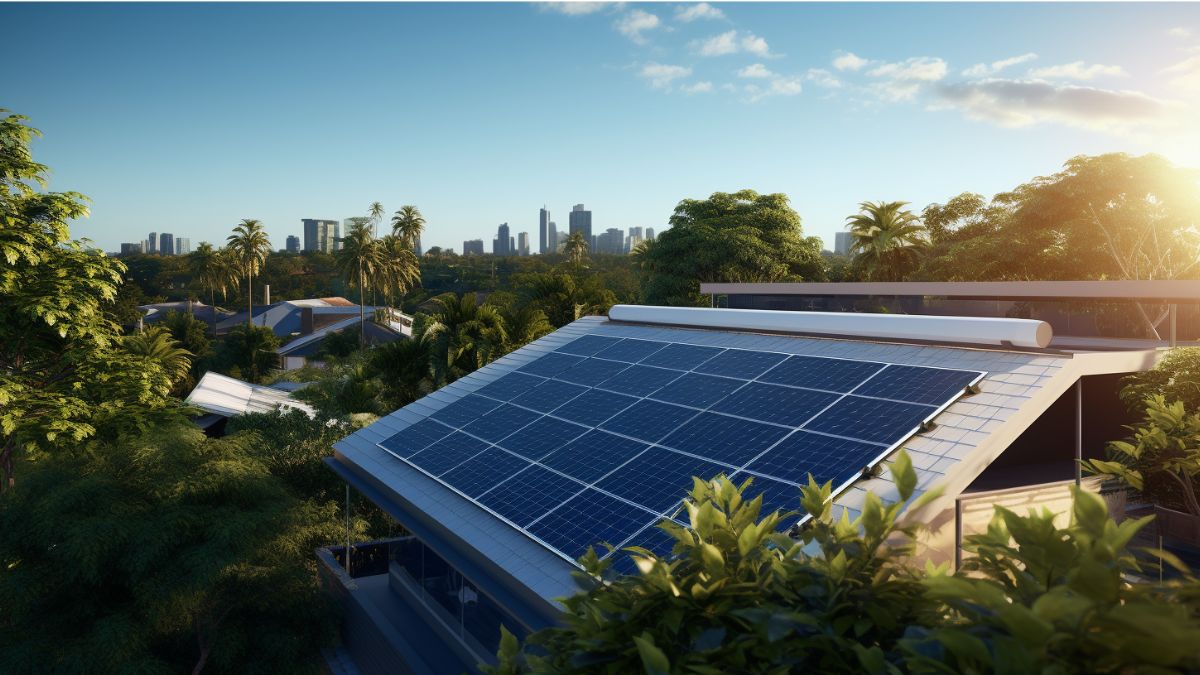
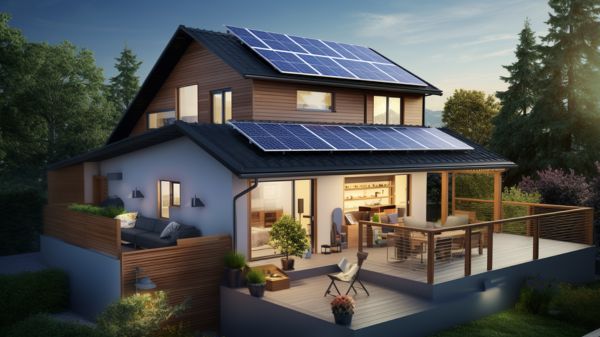
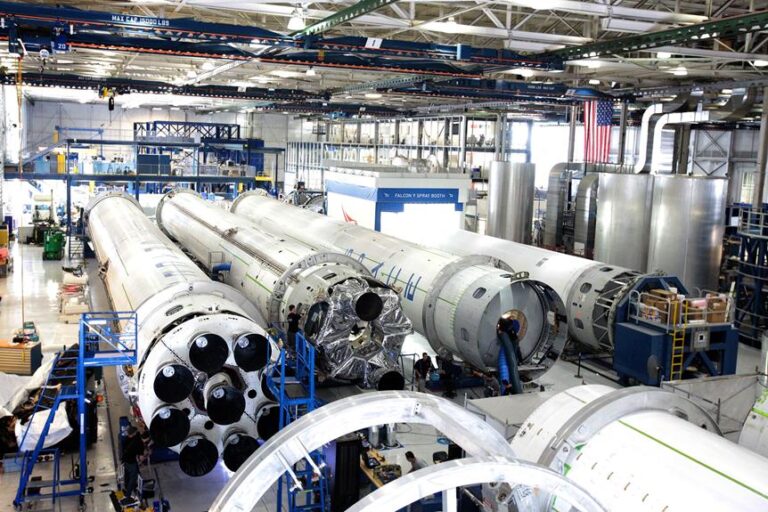
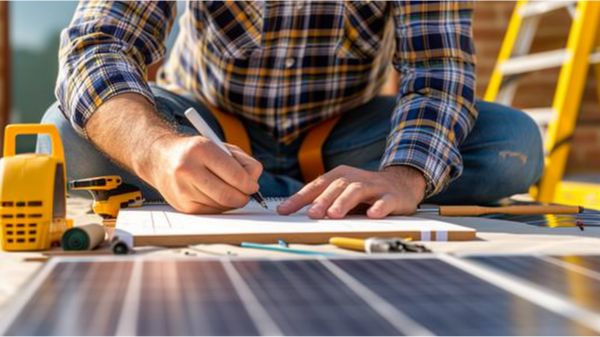

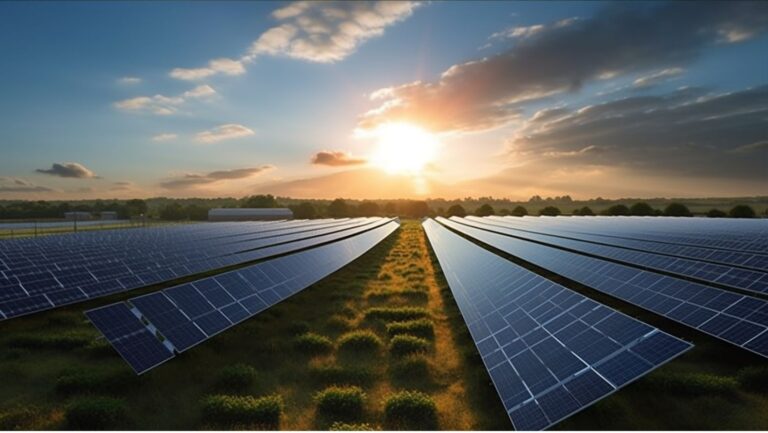
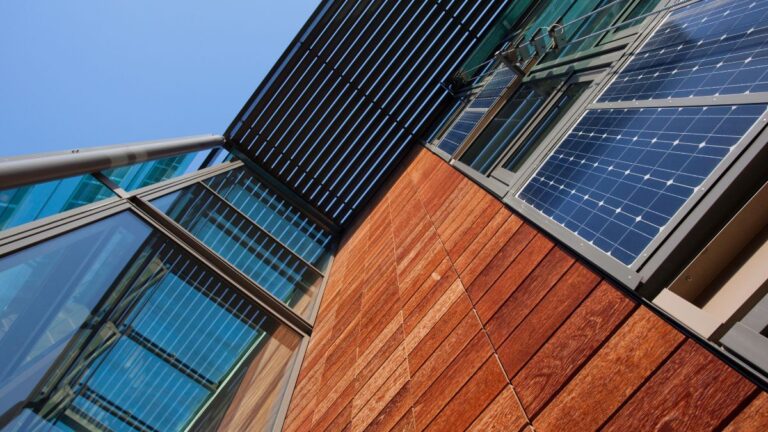
One Comment
Comments are closed.